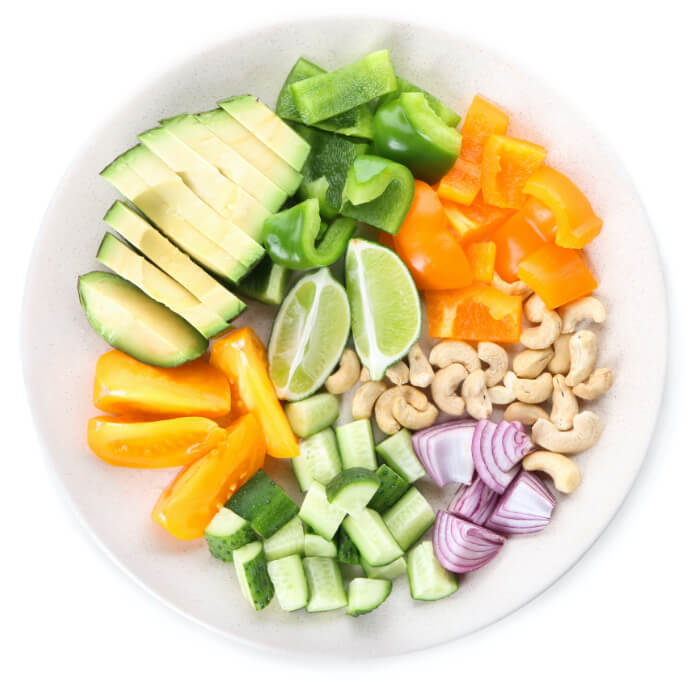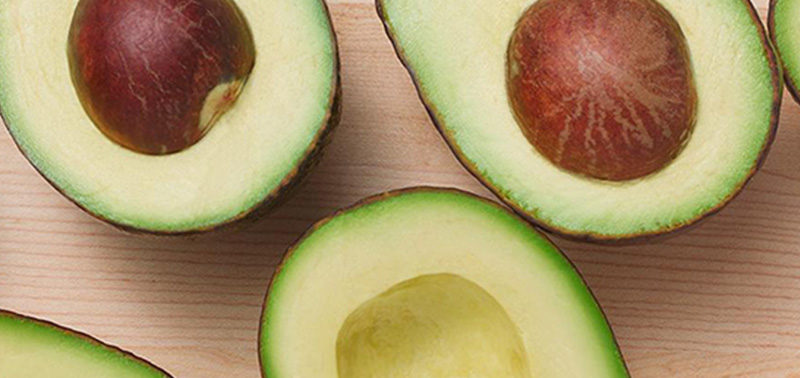Did you know 88 million people or 35% of the American adult population, have prediabetes?
Insulin is a critical hormone that regulates blood glucose and controls many bodily processes. However, issues with insulin sensitivity and resistance, in which the body produces insulin but does not use it properly, sets the stage for many health conditions, including type 2 diabetes. Helping clients understand how to improve insulin sensitivity is the first step toward preventing insulin resistance. And preventing insulin resistance may be one of the most powerful ways to live a healthier life.

What causes insulin resistance?
Although it’s not clear to researchers, extra body fat and lack of exercise are the primary risk factors. Experts believe too much abdominal fat, also called visceral fat, is the top cause of insulin resistance. A waist measurement of 40 inches or more for men and 35 inches or more for women, even with a normal BMI, is a risk factor. A sedentary lifestyle, lack of physical activity, and genetics may also play a role.
How to Improve Insulin Sensitivity
Increasing physical activity and losing weight are the most obvious ways to help clients reverse insulin resistance and improve insulin sensitivity. Maintaining healthy blood sugar levels, reducing stress, and getting adequate sleep may help too.
The American Diabetes Association (ADA) does not make specific recommendations for improving insulin sensitivity or treating insulin resistance but recommends lifestyle modification for an insulin-resistant state such as prediabetes. In its 2013 Medical Standards of Care Position Statement, the ADA recommends a diet and exercise program that supports a moderate 7% loss of body weight and at least 150 minutes per week of regular exercise, with dietary strategies including reduced calories and reduced intake of dietary fat. Increased fiber consumption is also encouraged (14g/1,000 kcal) and foods containing whole grains, and limiting the intake of sugar-sweetened beverages.
Can adding avocados to a meal increase insulin sensitivity?
Avocados are a unique fruit containing both a good source of fiber and monounsaturated fat. Unlike most other fruits, a serving of avocado contains zero grams of naturally occurring sugar, and does not affect the glycemic response. A 2013 clinical trial of 26 healthy, overweight adults showed that adding one-half of an avocado to a meal reduced insulin levels at 30 minutes post-meal compared to the control meal. Over three-hours, there was no significant difference between groups. The -Avocado Nutrition Center supported this study, and the conclusions cannot be applied to the general public due to study limitations, including the study size.1
Key takeaway: The rise in insulin 30 minutes following the start of the meal was weakened when the avocado replacing lunch was eaten compared to eating the meal with no avocado.
In addition, avocado consumption has also been shown to decrease the glycemic and insulinemic responses when avocado replaced carbohydrate in a low-fat breakfast meal. A 2018 clinical trial that included 31 overweight or obese adults, found that including a half or whole avocado at breakfast decreased the glucose and insulin response compared to the control. The Avocado Nutrition Center supported this study. Conclusions cannot be generalized to all populations, study length, or for different amounts of avocado.2
Key takeaway: The findings in this study support a growing body of evidence supporting avocados as beneficial for a type 2 diabetes diet.
Fresh avocados, when incorporated into a balanced diet, can be part of a solution to improve insulin sensitivity. Use food swaps to show clients the variety of ways they can incorporate fresh avocado without adding calories or total fat. Substituting fresh avocado in sandwiches, on toast, or spreading in place of many other popular foods may help reduce overall intake of calories, fat, and saturated fat.
Resources: 1 Borkman M, et al. “The relation between insulin sensitivity and the fatty-acid composition of Wien M, et al. “A randomized 3×3 crossover study to evaluate the effect of Hass avocado intake on post-ingestive satiety, glucose and insulin levels, and subsequent energy intake in overweight adults.” Nutr J 2013. 12: 155. 2Park E, et al. “Avocado Fruit on Postprandial Markers of Cardio-Metabolic Risk: A Randomized Controlled Dose Response Trial in Overweight and Obese Men and Women.” Nutrients 2018. 10(9), 1287.




